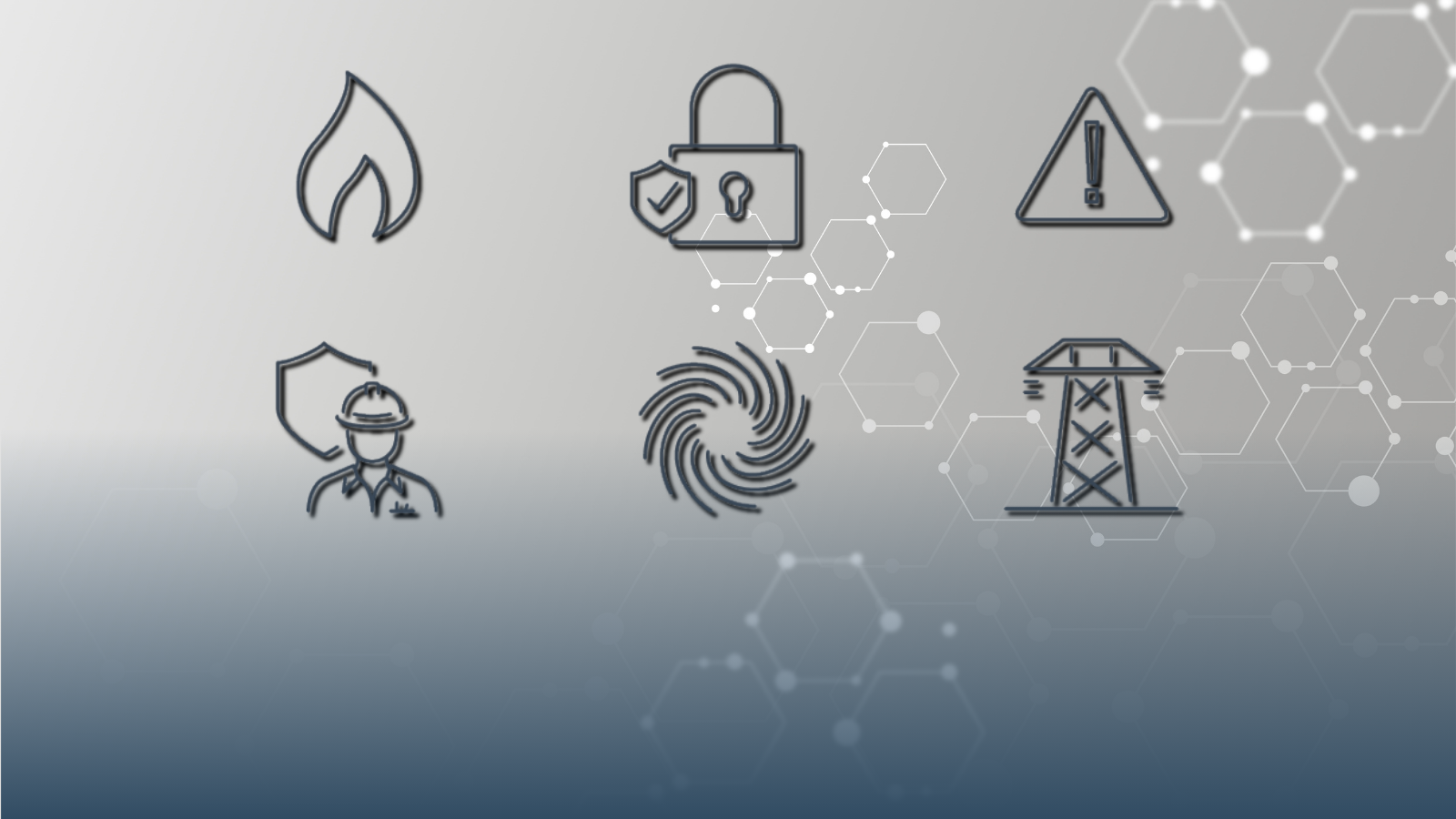
WASHINGTON, D.C. — The U.S. Department of Energy (DOE) today announced up to $70 million in funding to support research into technologies designed to increase resilience and reduce risks to energy delivery infrastructure from a variety of hazards, including cyber and physical threats, natural disasters, and climate-change fueled extreme weather events. This new competitive funding opportunity will be available to public and private sector stakeholders, universities, and DOE’s National Laboratories and will help advance next-generation innovations that strengthen the resilience of America’s energy systems, which include the power grid, electric utilities, pipelines, and renewable energy generation sources like wind or solar. Today’s announcement reinforces the Biden-Harris Administration’s efforts to build strong and secure energy infrastructure across the country, which is key to bolstering America’s energy and national security and reaching President Biden’s goal of a net-zero emissions economy by 2050. The Biden-Harris Administration has also made historic investments in climate resilience and adaptation, including more than $50 billion from the President’s Investing in America agenda.
“Making smart investments in America’s energy systems today is essential to ensuring they’re more reliable and resilient against tomorrow’s threats, while also reaching President Biden’s ambitious clean energy and climate goals,” said U.S. Secretary of Energy Jennifer M. Granholm. “As we build our clean energy future, these investments will help save money in the long run by identifying and developing innovative solutions that ensure our nation’s energy infrastructure can withstand emerging threats and the challenges of a changing world.”
Managed by DOE’s Office of Cybersecurity, Energy Security, and Emergency Response (CESER), the All-Hazards Energy Resilience program seeks to address future challenges so that energy can continue to flow safely and reliably to communities across the nation.
As the climate and technology landscape is constantly changing, this funding opportunity is intentionally broad, and awardees are encouraged to develop innovative and unique solutions that are not “one size fits all.” Awardees will span all types of energy delivery infrastructure and will address a diverse array of potential threats across energy production, generation, transmission, and/or distribution. CESER is expected to fund up to 25 research, development, and demonstration (RD&D) projects under this funding opportunity ranging from $500,000 to $5,000,000. DOE encourages diverse teams from universities, nonprofit and for-profit companies, national laboratories, state and local governments, and Tribal Nations to apply.
There are several proposed topic areas for the projects, including:
- Cyber Research and Development: The growing digital landscape puts energy systems at greater risk of cyber-attacks. These projects will advance cybersecurity and reduce cyber risks to energy delivery infrastructure.
- Climate Mitigation Research and Development: A world with more extreme weather events, increasing temperatures, and rising sea levels takes a toll on critical energy infrastructure. These projects will create and implement innovative solutions that will reduce the impact of climate effects on energy transmission and reliability.
- Wildfire Mitigation Research and Development: Wildfires are devastating to communities, ecosystems, and energy systems alike. These projects will identify opportunities to harden infrastructure against wildfires, enabling electric utilities to build resilience, operate through extreme events, and enhance rapid recovery.
- Physical Security Research and Development: Utility power stations face threats to their physical security concerns, such as vandalism, sabotage, and ballistic damage. Today’s approaches to prevent these attacks, including video surveillance systems, access control, and physical barriers, are not enough to minimize intrusions and damage.
- University-Based Research and Development: These projects will improve the cyber and cyber-physical security posture of the electric sector through the integration of university-based research. Applicants must be Historically Black Colleges and Universities in accordance with the White House Initiative on Advancing Educational Equity, Excellence, and Economic Opportunity through Historically Black Colleges and Universities. In addition to academic institutions, teams must include energy industry owners, operators, and/or energy sector solution providers.
For more detailed information on and a full list of the topic areas, please click here.
For more information about DOE’s efforts to secure and protect America’s energy sector, visit www.energy.gov/ceser.










